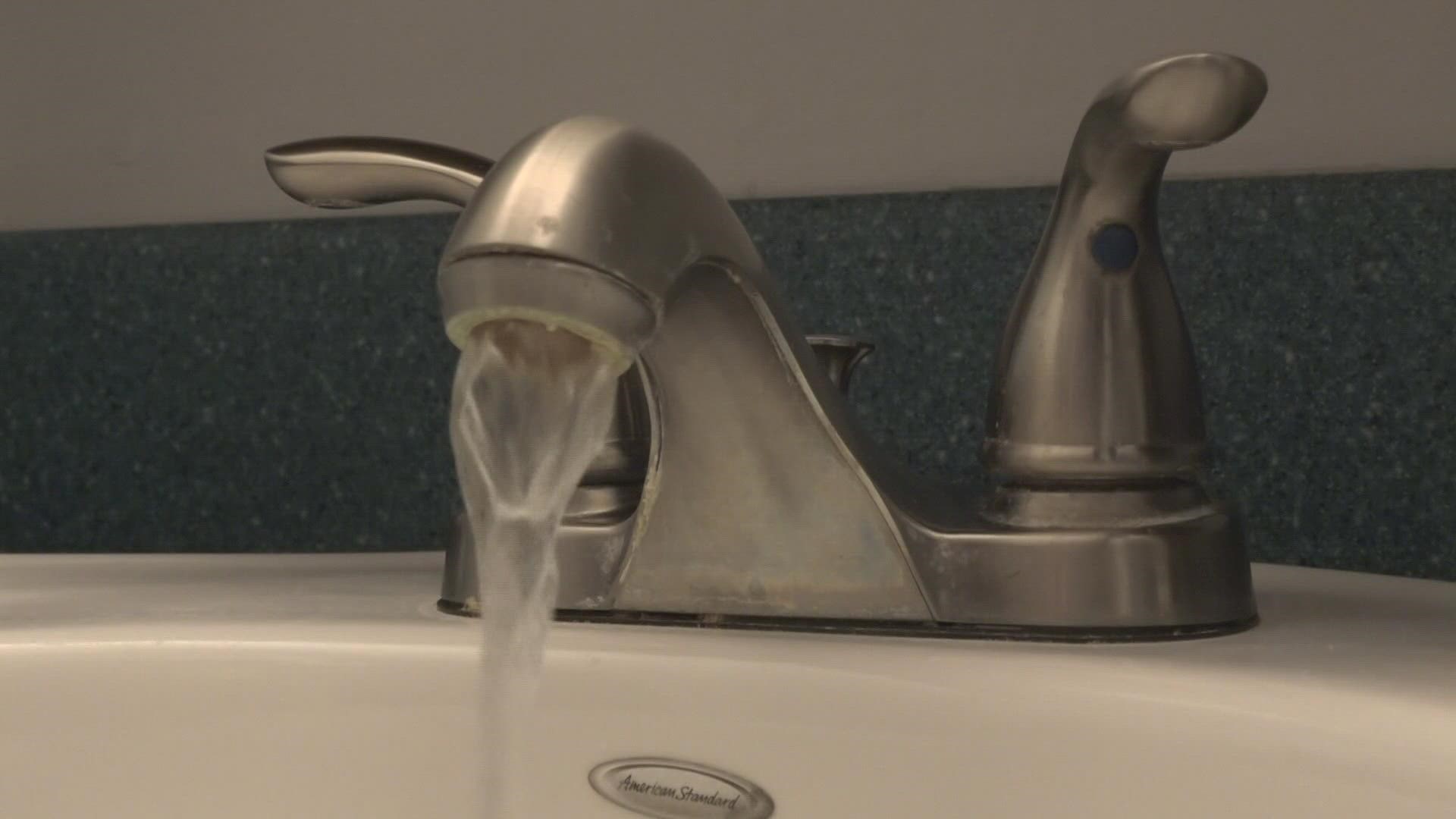PLAINFIELD TOWNSHIP, Mich. — Many of Michigan's hundreds of PFAS sites have industrial or corporate polluters — who experts have said spent years improperly disposing of their toxic waste — to blame for any number of health problems and reduced property values.
A day after Senator Gary Peters again pushed to hold the military accountable for the toxic PFAS contamination plaguing so many Michigan communities, recent developments at the state level may spell relief for families suffering at the hands of private polluters.
“We're starting to make some progress.”
And that’s surely a win in Sandy Wynn-Stelt’s book.
Progress, unlike the dangerous chemical compounds racing through her bloodstream, has long been in short supply.
When researchers showed up on Wynn-Stelt’s doorstep in 2017 and revealed the groundwater beneath her northern Kent County home had been pumping a little-known toxin into her body for years, she found herself at a loss.
“When I first heard about the contamination, I had no idea what PFAS was,” Wynn-Stelt said.
The state recorded the PFAS in her Belmont water at 24,000 parts per trillion, many-fold beyond the EPA’s lifetime health advisory.
Research since has painted an increasingly grim picture with regard to the long-term health consequences of exposure to any number of the compounds.
When she learned of the potential ramifications, Wynn-Stelt began to connect the dots.
Among other questions, she began to wonder what had really killed the love of her life, Wynn-Stelt’s husband of more than 30 years.
“I'll never be able to prove definitively that that's what caused it, but I can pretty much I'm pretty sure it wasn't good for him,” she said of the couple’s drinking water.
“It’s been really tragic to see some of the impacts on people’s lives and on their health,” Michigan Senator Winnie Brinks said.
Recently, potential progress in the effort to keep polluters on the hook has developed in the form of a legislative fix, two bills spearheaded by Brinks designed to give contaminated communities an appropriate time frame to take their cases to court.
Another bill would update the state’s current six-year window to sue for cleanup, thus relieving a portion of the massive tax burden the public often incurs.
Both pieces of legislation had been referred to the Senate Committee on Environmental Quality in October, though neither had a scheduled hearing at the time of publication.
Wynn-Stelt, meanwhile, said she was no longer after closure, but results in what she characterized as the fight of her life.
She now co-chairs the Great Lakes PFAS Action Network, which focuses on a mission of regional advocacy.
“There’s nothing that's going to bring my husband back, that's just not going to happen,” she asserted, alluding to her own cancer diagnosis a year earlier. “It will either make you bitter, or it'll make you better. And I think I think we have to get to the point that we decide, we're just going to keep fighting this fight so that we can make it better.”
Related video:
►Make it easy to keep up to date with more stories like this. Download the 13 ON YOUR SIDE app now.
Have a news tip? Email news@13onyourside.com, visit our Facebook page or Twitter. Subscribe to our YouTube channel.

